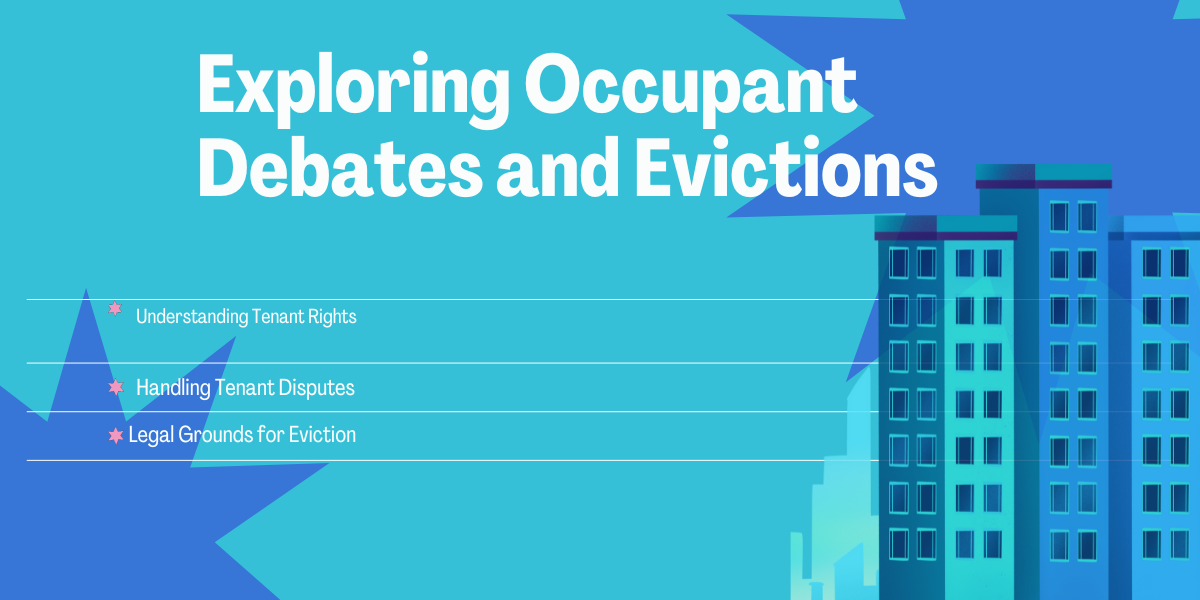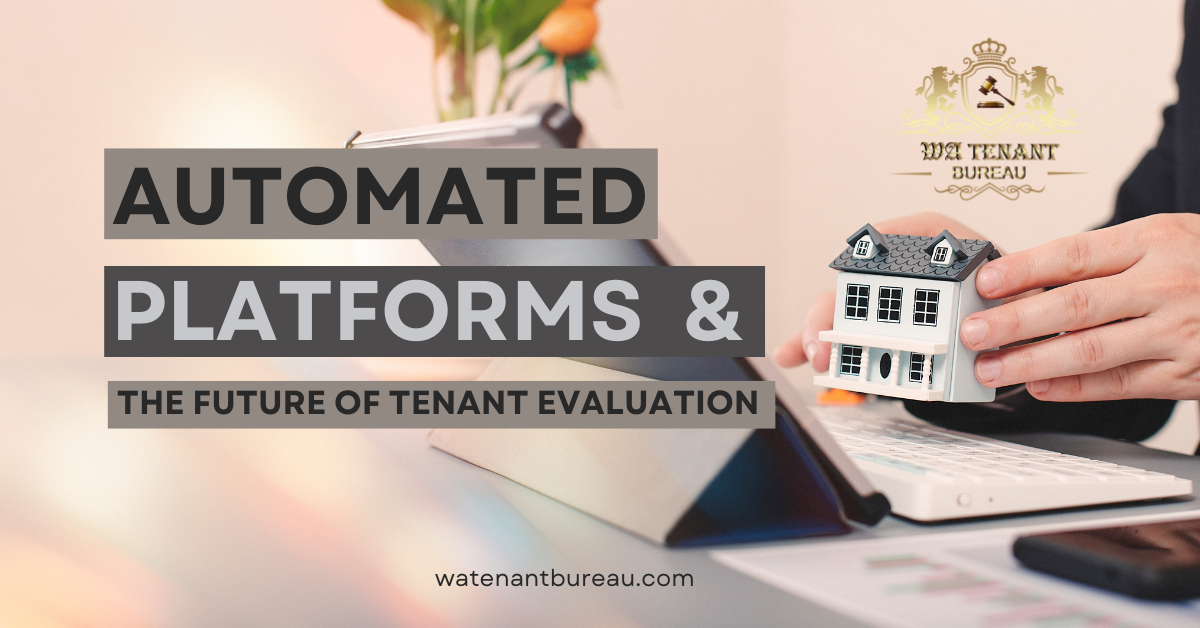Legitimate Contemplations for Property managers
Navigating Tenant Disputes and Evictions
As a property manager, overseeing occupant connections can sporadically prompt lawful difficulties, especially when questions emerge or removals become essential. Understanding the legitimate system encompassing inhabitant freedoms and knowing how to explore these issues is urgent to safeguarding both your property and your business. This guide will assist landowners with tending to normal legitimate worries, offering bits of knowledge into taking care of questions, expulsions, and occupant freedoms
1. Understanding Occupant Rights
One of the main legitimate contemplations for property managers is guaranteeing they are completely mindful of their inhabitants’ privileges. Occupants are qualified for essential insurances, like the right to protected and tenable day to day environments, security, and independence from segregation. Disregarding these privileges can prompt legitimate activity against the landowner, so it’s vital to really get to know neighborhood, state, and government inhabitant regulations.
For instance, the Fair Lodging Act precludes landowners from victimizing occupants in light of race, religion, orientation, handicap, or family status. Moreover, most purviews have guidelines administering the upkeep of the property, security stores, and admittance to the rental unit.
Star Tip
1. Consistently counsel neighborhood lodging regulations or recruit a property lawyer to guarantee your tenant contracts and practices line up with legitimate guidelines.
2. Handling Inhabitant Disputes
Debates among landowners and occupants are normal and can go from conflicts over fixes to issues encompassing rent installments or property harm. The following are a couple of steps landowners can take to deal with debates legitimately and expertly
Open Communication
Frequently, debates can be settled by having an unmistakable and deferential discussion with the occupant. Ensure the two players grasp their commitments and freedoms, and attempt to determine the issue casually first.
Report Everything
Keep a point by point record of all interchanges, grievances, and any upkeep demands or fixes. Composed documentation can act as significant proof on the off chance that the question raises.
Know When to Look for Mediation
In the event that casual conversations fall flat, intercession can be a useful step. A few urban communities offer free or minimal expense intervention administrations to assist property managers and occupants with agreeing without turning to legitimate activity.
Genius Tip
Remain cool-headed and proficient during debates. Close to home reactions can heighten clashes and mischief your lawful standing.
3. Legal Justification for Eviction
Ousting is a complex lawful cycle, and landowners should keep severe rules while endeavoring to eliminate an inhabitant from a property. Here are normal purposes behind removals
Non-Installment of Rent
The most widely recognized cause for expulsion is non-installment of lease. By and large, landowners are expected to give a composed notification (typically called a “Pay or Quit” notice) giving the inhabitant a predetermined measure of time to pay lease or empty the property.
Infringement of Rent Terms
Occupants who abuse rent arrangements, for example, by renting without authorization, harming property, or participating in criminal operations, can likewise be expelled. Once more, property managers should give composed notice itemizing the infringement and giving the occupant time to address the issue.
End of Lease
Landowners can end a rent once the term closes, gave they follow legitimate notification necessities. In numerous locales, property managers are expected to give occupants no less than 30 days’ notification prior to finishing a month-to-month rent.
Star Tip
Never endeavor a “self improvement removal,” like changing the locks or stopping utilities. These activities are unlawful in many wards and can bring about claims or punishments against the property manager.
4. The Expulsion Process
On the off chance that the occupant neglects to determine the issue illustrated in the expulsion notice, property managers should petition for a conventional ousting through the court framework. The means in this cycle by and large include:
1. Filing an Expulsion Lawsuit
In the wake of giving legitimate notification, a landowner can record a removal claim (unlawful captor) with the neighborhood court.
2. Attending a Hearing
Both the landowner and inhabitant will be expected to go to a trial. Be ready with proof, including documentation of the rent, lease installments, and any correspondence with the inhabitant.
3. Judgment and Removal
In the event that the court decides for the landowner, the occupant will be given a particular time span to leave the property. In the event that the occupant doesn’t empty deliberately, the landowner can look for the help of nearby policing eliminate the occupant.
Genius Tip
Generally follow the lawful removal process intently. Neglecting to do so can bring about postponements, fines, or the excusal of your removal case.
5. Security Stores and Property Damage
Disagreements about security stores are another normal lawful issue landowners face. To safeguard yourself
Obviously Characterize Security Store Policies
Layout how the security store will be utilized and returned in the rent understanding. This ought to incorporate what comprises harm past ordinary mileage.
Investigate the Property
Lead an intensive review of the property toward the start and end of the tenure. Record the state of the unit with photographs and an agenda to keep away from disagreements regarding harms.
Give Ideal Refunds
Most states expect landowners to return the security store inside a specific time span after the occupant clears, regularly 14 to 30 days. On the off chance that derivations are made, give an organized rundown of costs to the occupant.
6. Preventing Lawful Issues: Best Practices for Landlords
To limit the probability of legitimate debates, landowners ought to
Utilize a Strong Rent Agreement
Have a very much drafted rent understanding that obviously characterizes occupant and landowner obligations. This can forestall disarray and future debates
Keep awake to-Date on Laws
Property manager inhabitant regulations as often as possible change, so practice it regularly to remain informed about neighborhood guidelines.
Keep up with the Property
Address support issues instantly to stay away from disagreements about livability.
Convey Transparently
Keep an open line of correspondence with inhabitants to determine issues before they grow into fights in court.
Legitimate Mindfulness Safeguards Your Venture
Exploring occupant questions and removals can be testing, yet a careful comprehension of inhabitant freedoms, legitimate lawful cycles, major areas of strength for and abilities can assist landowners with dealing with these circumstances successfully. By adhering to the law and being proactive, landowners can safeguard their property and limit the pressure related with overseeing inhabitants.




